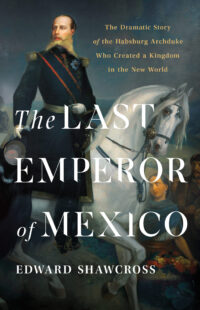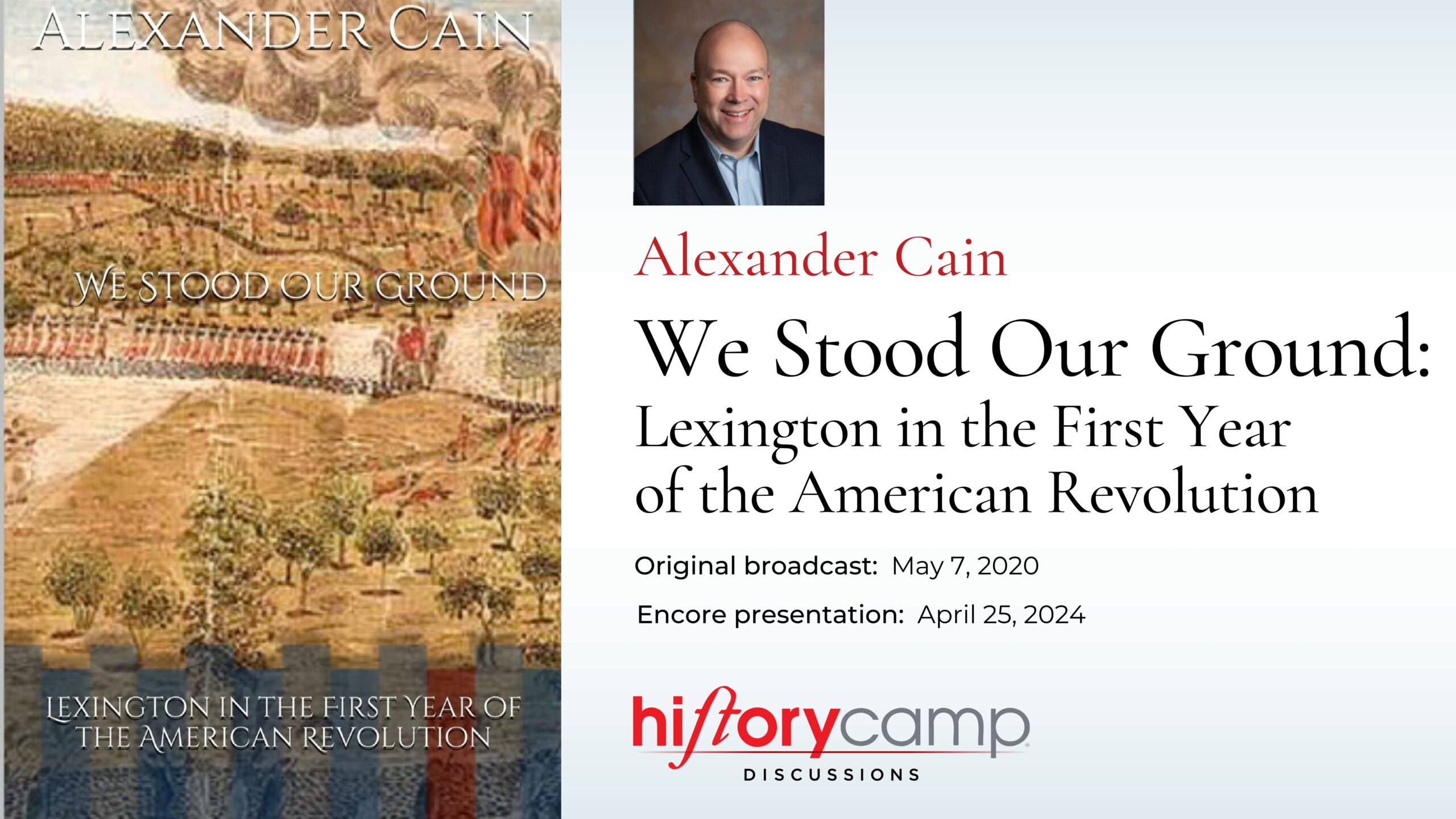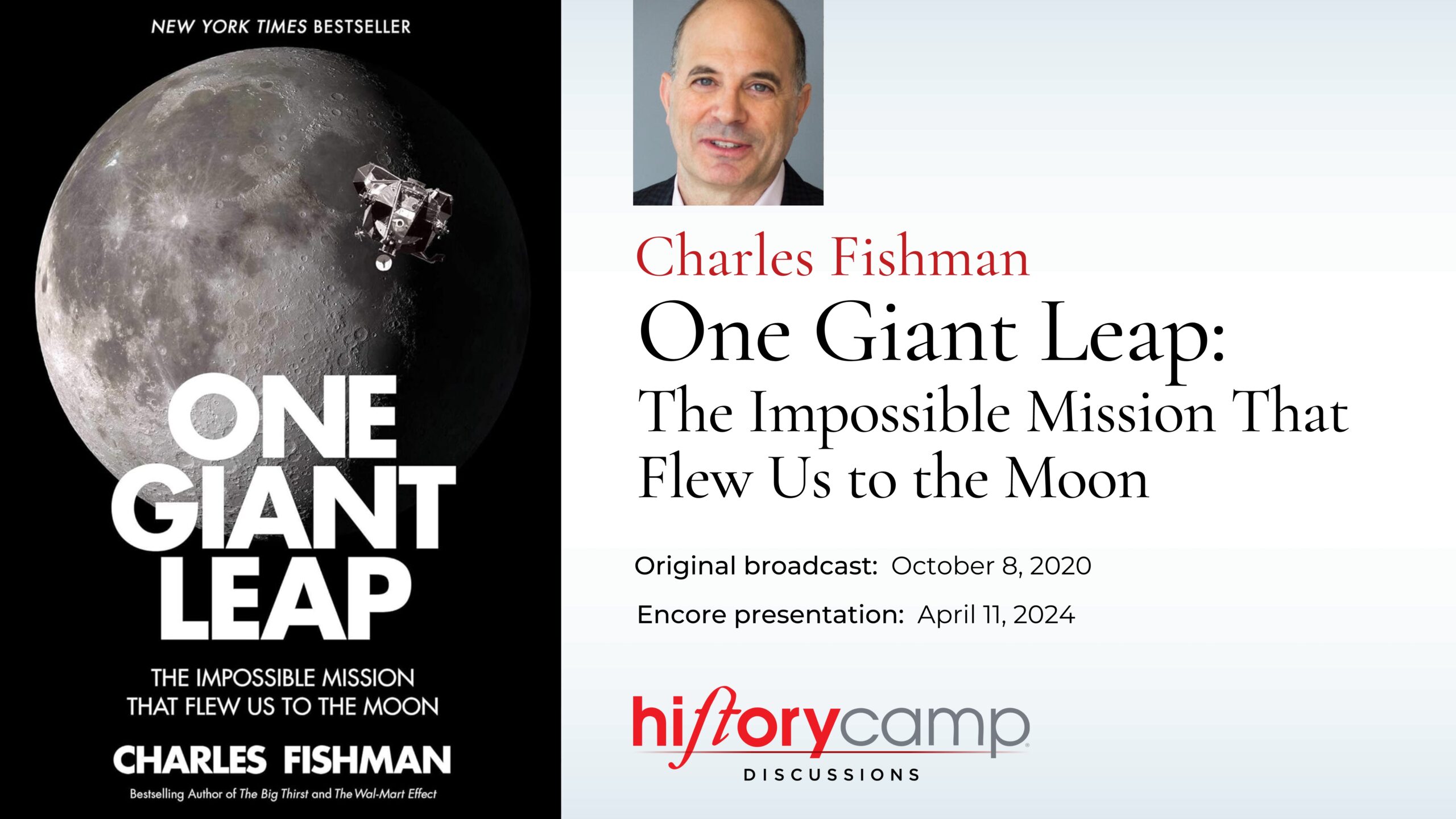Edward Shawcross
The Last Emperor of Mexico: The Dramatic Story of the Habsburg Archduke Who Created a Kingdom in the New World
The fateful tale of Maximilian, Emperor of the Second Mexican Empire, provides a fascinating look into the peculiarities of 19th century international politics.
Seeking a stronger foothold for French imperial control in the New World recently destabilized by the dissolution the Spanish Empire into independent republics, Emperor Napoleon III decided to organize an invasion of the debt-ridden Mexican Republic under the presidency of Benito Juárez, and to install his own supporter as head of Mexico’s government. He chose Maximilian, younger brother of Emperor Franz Joseph I of Austria and a Habsburg archduke from one of Europe’s most prestigious dynasties, and his wife Carlota, a Belgian princess, to become Emperor and Empress of Mexico. The plot did not go according to plan; not Napoleon III’s, and certainly not Maximilian’s, who was eventually captured and executed by Mexican republican forces. Maximilian was not the first Emperor of Mexico to be executed, but he would be the last.
In The Last Emperor of Mexico: The Dramatic Story of the Habsburg Archduke Who Created a Kingdom in the New World, historian Edward Shawcross relates this strange episode of history that was, until recently, buried in official Mexican accounts. From archival research conducted in Mexico City, Paris, and Vienna, Shawcross vividly recreates the personalities and politics involved in the contest for what form of government would achieve dominance in the New World: republics or monarchies. Although the United States had proclaimed its preeminence in the Western Hemisphere through the Monroe Doctrine, when the American Civil War broke out in 1861, it was distracted from foreign policy and intervention with its southern neighbor. The opportunity to expand the number of monarchies among the world’s powers was of critical importance to imperialist leaders and political thinkers of European nations, many of whom had seen fierce populist uprisings against absolutist states in the revolutions of 1848. As he had done with the French government in 1852, Napoleon III seized the opportunity to convert a republic into an empire, and the armed, ideological conflict that spread across the continent held global consequences for the nascent Mexican republic for decades to come. Told with wit and acumen, the book rescues a chapter often overlooked in the political evolution of the Americas, illuminating the fiercely contested battle between aspirational imperialists and republican revolutionaries and their at-times absurdist volleys for power.
[Recorded February 09, 2023]


Edward Shawcross, PhD, is a historian and teacher. After graduating from the University of Oxford, Edward lived and worked in France, then South Korea and finally Colombia before returning to London where he completed a PhD at UCL. His research specialized in French imperialism in Latin America and the Mexican intellectual thought that underpinned the Second Mexican Empire. He lives in London.






























